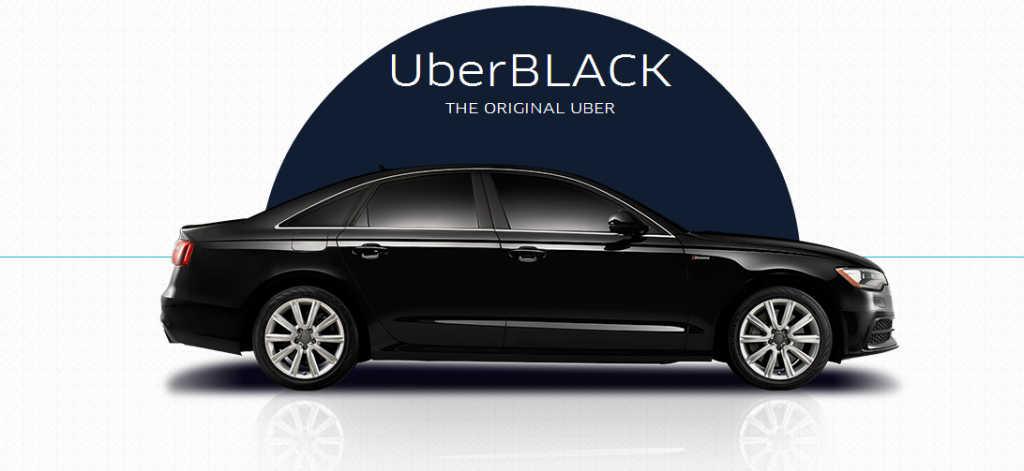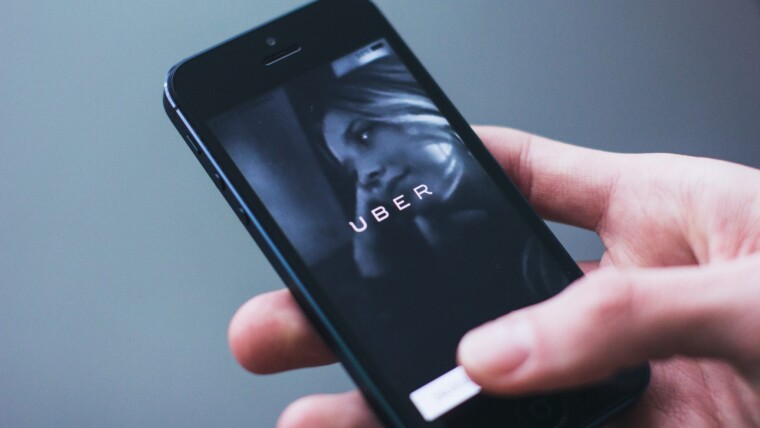Just a week ago, we were shocked with the news that the Uber taxi service app might be declared as an illegal service provider in Malaysia if the company failed comply with the rules and does not have the necessary permits in accordance with local transportation laws.
In the same vein, in recent news, the increasingly popular app has been barred from operating in Germany. The first nationwide ban of an Uber service in Germany is the latest in a number of legal setbacks that the company has faced in Europe and North America as it tries to expand its car service globally.
In Frankfurt, a state court banned Uber’s low-cost UberPop product, which allows people to use their smartphones to book rides with freelance drivers, from operating in the country until a hearing this year on whether it unfairly competes with local taxis.
According to The New York Times, Uber could face fines in Germany of up to 250,000 euros (RM1.04 million), or its local employees could be jailed for up to six months if the company violates the temporary injunction. The company’s drivers, who are not employees, would not face direct penalties.
However, Uber’s premium product — the so-called Uber Black, which uses luxury sedans and chauffeurs — is not affected by the court ruling. The company said that it would continue operating in Germany and would appeal the court’s decision.
In a statement, Uber said Germany was one of its fastest-growing markets in Europe. “You cannot put the brakes on progress,” it said. “We believe innovation and competition is good for everyone — riders and drivers, everyone wins.”
The court in Frankfurt found that Uber posed unfair competition to the local taxi industry. It said Uber did not have the necessary licenses and insurance for its drivers and noted that the company could be selective in providing rides, while taxi drivers are required to accept anyone needing a ride.
“Our main concern is that, while competition is healthy, everyone has to be playing by the same rules,” said Arne Hasse, spokesman for the Frankfurt state court.
Until a final ruling, Uber, a start-up that has been valued at more than $15 billion and operates in more than 100 cities in 45 countries including Malaysia, may be liable for the German fines each time it violates the ban.
Source: The New York Times
Other posts by AF Newsdesk









